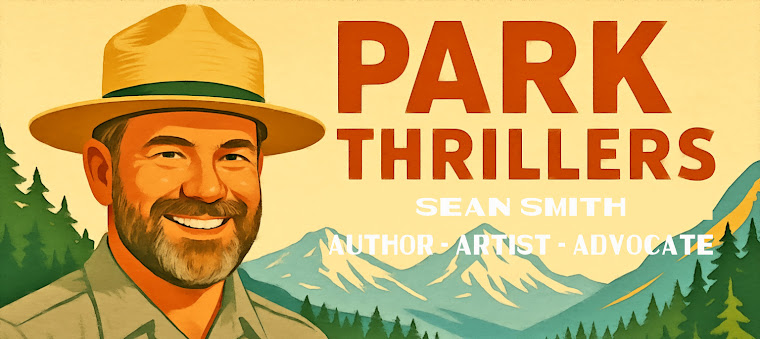When Yellowstone, the world's first national park was established Congress envisioned
it would be a place "dedicated and set apart as a public park or
pleasuring-ground for the benefit and enjoyment of the people." Nearly
fifty years later, when the National Park Service was create Congress commanded the new
agency to promote enjoyment of natural and cultural wonders, but only allow
those activities that leave the resources unimpaired for the enjoyment of
future generations.
Activities such as hunting, artifact collecting, and timber harvesting are
generally prohibited in the national parks. At Yellowstone the use of private
automobiles were even barred for a time. Yet, uses such as camping, hiking,
mountain climbing, fishing, and a host of others have predominately been
authorized. The thinking guiding these decisions has been to authorize
activities that bring visitors a close interaction with the park without
causing lasting damage to the park resources and wildlife.
In the nearly 100 years since the Park Service's creation billions of people
from around the world have visited the nearly 400 national park units. In 2012,
the Park Service has seen more than 271 million visitors, up more than 6
million at the same time last year. Hard to argue the parks are underutilized.
Yet despite their popularity and maybe because of it the parks continually face
development threats from the outside world.
In my experience as a ranger, most visitors come to parks to escape the hustle,
noise, and stress of the modern urban world.
Yet technology
such as cell phones, iPads, and GPS push deeper into parks making some of the
world's last truly remote places more accessible but also susceptible to the
spread of invasive species such as angry birds.
In my new novel, Unleashing
Colter's Hell the use of technology plays a central role in the story's
plot. Both hero and villain use machines
to achieve their objectives. One uses technology
to destroy, the other to protect.
When you travel to the national parks, what technology expectations shape
your experience?

No comments:
Post a Comment